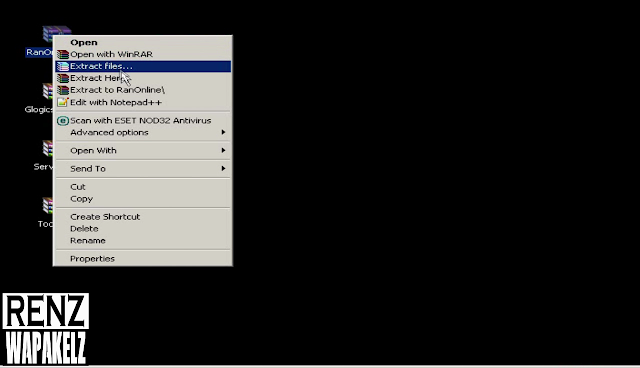

The email account used on Clinton's BlackBerry was then hosted on a private server in the basement of her home in Chappaqua, New York, but that information was not disclosed to State Department security personnel or senior State Department personnel. State Department security personnel suggested this would pose a security risk during her tenure. Prior to her appointment as Secretary of State in 2009, Clinton and her circle of friends and colleagues communicated via BlackBerry phones. Hillary Clinton holding a BlackBerry phone in 2009

Yet a September 2022 "Fact Checker" analysis by The Washington Post, which followed a tweet by Clinton claiming, "I had zero emails that were classified", also quotes the same 2019 State Department report as having noted, "None of the emails at issue in this review were marked as classified." Background Clinton's use of BlackBerrys A three-year State Department investigation concluded in September 2019 that 38 individuals were "culpable" in 91 instances of sending classified information that reached Clinton's email account, though it found "no persuasive evidence of systemic, deliberate mishandling of classified information".

On June 14, 2018, the Department of Justice's Office of the Inspector General released its report on the FBI's and DOJ's handling of Clinton's investigation, finding no evidence of political bias and lending support for the decision to not prosecute Clinton. Comey said in his 2018 book A Higher Loyalty that his decision may have been unconsciously influenced by the fact that he considered it extremely likely that Clinton would become the next president. Clinton and other observers argue that the reopening of the investigation contributed to her loss in the election. The controversy received more media coverage than any other topic during the presidential campaign. Comey's timing was contentious, with critics saying that he had violated Department of Justice guidelines and precedent, and prejudiced the public against Clinton. On November 6, Comey notified Congress that the FBI had not changed its conclusion. On October 28, 2016, eleven days before the election, Comey notified Congress that the FBI had started looking into newly discovered emails. In July, FBI director James Comey announced that the FBI investigation had concluded that Clinton had been "extremely careless" but recommended that no charges be filed because Clinton did not act with criminal intent, the historical standard for pursuing prosecution. In May, the State Department's Office of the Inspector General released a report about the State Department's email practices, including Clinton's. The controversy was a major point of discussion and contention during the 2016 presidential election, in which Clinton was the Democratic nominee. For example, the CIA drone program has been widely discussed in the public domain since the early 2000s however, the existence of the program is technically classified, so sharing a newspaper article that mentions it would constitute a security breach, according to the CIA. News reports by NBC and CNN indicated that the emails discussed "innocuous" matters already available in the public domain. Clinton claimed that her use complied with federal laws and State Department regulations, and that former secretaries of state had also maintained personal email accounts (however Clinton was the only secretary of state to use a private server).
BEST RAN ONLINE PRIVATE SERVER 2016 CODE
Code § 1924, regarding the unauthorized removal and retention of classified documents or materials, as well as State Department protocols and procedures, and regulations governing recordkeeping. Some experts, officials, and members of Congress contended that Clinton's use of a private email system and a private server violated federal law, specifically 18 U.S. An additional 2,093 emails were retroactively designated confidential by the State Department. Federal agencies did, however, retrospectively determine that 100 emails contained information that should have been deemed classified at the time they were sent, including 65 emails deemed "Secret" and 22 deemed "Top Secret".

After a years-long FBI investigation, it was determined that Clinton's server did not contain any information or emails that were clearly marked classified. During her tenure as United States Secretary of State, Hillary Clinton drew controversy by using a private email server for official public communications rather than using official State Department email accounts maintained on federal servers.


 0 kommentar(er)
0 kommentar(er)
